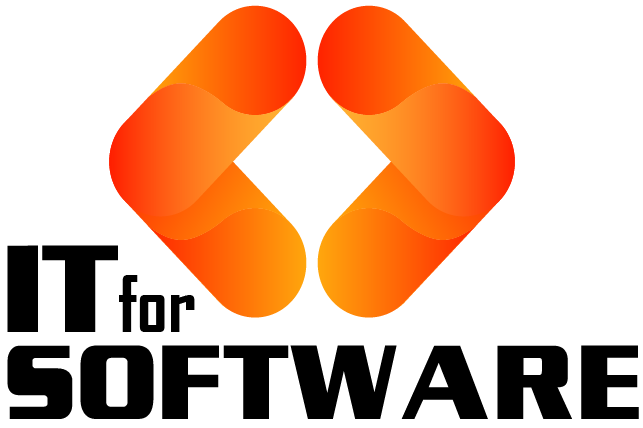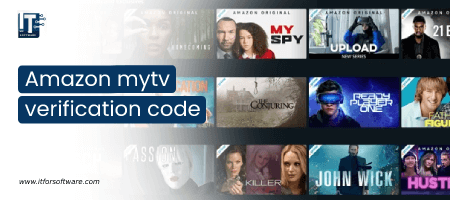
The Geek Squad is a U.S.-based electronics service provider, offering a range of services for laptops, refrigerators, cell phones, video games, electric cars, and more. Established in 1994 by Robert Stephens, the company operates globally and collaborates with Best Buy. It provides in-store, on-site, and remote services, along with 24/7 customer support, diagnosing and repairing customer appliances.
What is the Geek Squad Scam?
The Geek Squad scam is an imposter scam where fraudsters pose as legitimate service providers to steal personal information. These scammers often gain remote access to your device or financial accounts under the pretense of subscriptions, refunds, or technical support.Scammers may approach you via fake emails, websites, or text messages, claiming you owe money or need to update a subscription. Once they gain access, they can misuse your device or steal funds.
Common Geek Squad Scams
Auto-Renewal Scams:
Fraudulent emails or texts claim you've been subscribed to Geek Squad services. They ask for credit card details to process refunds, gaining unauthorized access to your account.What to Do:
- Verify suspicious emails directly with Geek Squad's official customer service.
- Avoid sharing sensitive information or clicking unknown links.
Phishing Emails:
Scammers claim your device is infected and send links to download malicious software, granting them access to your account.What to Do:
- Never allow remote access to your device without verifying the source.
- Report phishing emails to Geek Squad’s official channels.
Tech Support Scams:
Fraudsters create fake Geek Squad websites or call to solicit payments for non-existent issues.What to Do:
- Confirm website authenticity before contacting support.
- Avoid making payments without verifying claims.
Misleading Pop-Ups:
Pop-up messages warn about fake antivirus threats, prompting you to click malware links.What to Do:
- Close suspicious pop-ups immediately.
- Use trusted antivirus software to scan your device.
Password Reset Scams:
Emails prompt you to reset your password through fraudulent links, compromising your personal information.What to Do:
- Avoid clicking unsolicited password reset links.
- Use official channels to update passwords.
Refund or Overpayment Scams:
Scammers send fake overpayments and request a refund. In the process, they gain access to your accounts.What to Do:
- Verify payment details with your bank or Geek Squad.
- Avoid granting access to your device.
Bogus “Protection” Plans:
Fraudulent cybersecurity plans are sold, infecting your device with malware instead of protecting it.What to Do:
- Research security plans thoroughly before purchasing.
- Ensure authenticity through verified sources.
Recognizing and Reporting Scams
How to Identify a Fake Geek Squad Renewal Scam:
Look for unsolicited subscription or renewal emails. Always verify with the official Geek Squad website or customer service.How to Remove Geek Squad Scam Emails:
Verify suspicious email IDs online. Legitimate email IDs will often appear in trusted sources.Reporting Scams:
Contact your local cybersecurity agency or Geek Squad's official customer care to report fraudulent activities.Conclusion
This blog highlights common Geek Squad scams, including phishing emails, auto-renewal scams, and fake tech support schemes. By staying informed and cautious, you can protect yourself from falling victim to these scams. Always verify suspicious messages or claims directly through official channels.








Hi Dear, I'm Meenu, and I've written the posts on this blog. I've tried my best to pack them with helpful info to tackle any questions you might have. I hope you find what you're looking for here. Thanks for sticking around till the end!